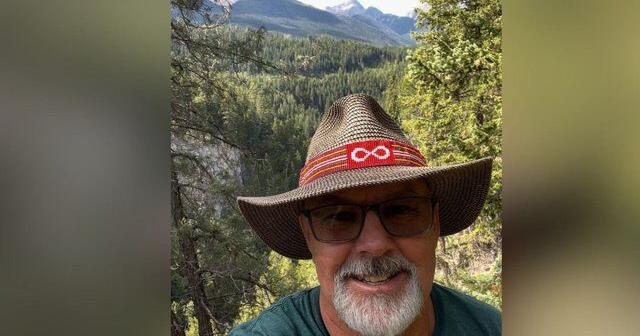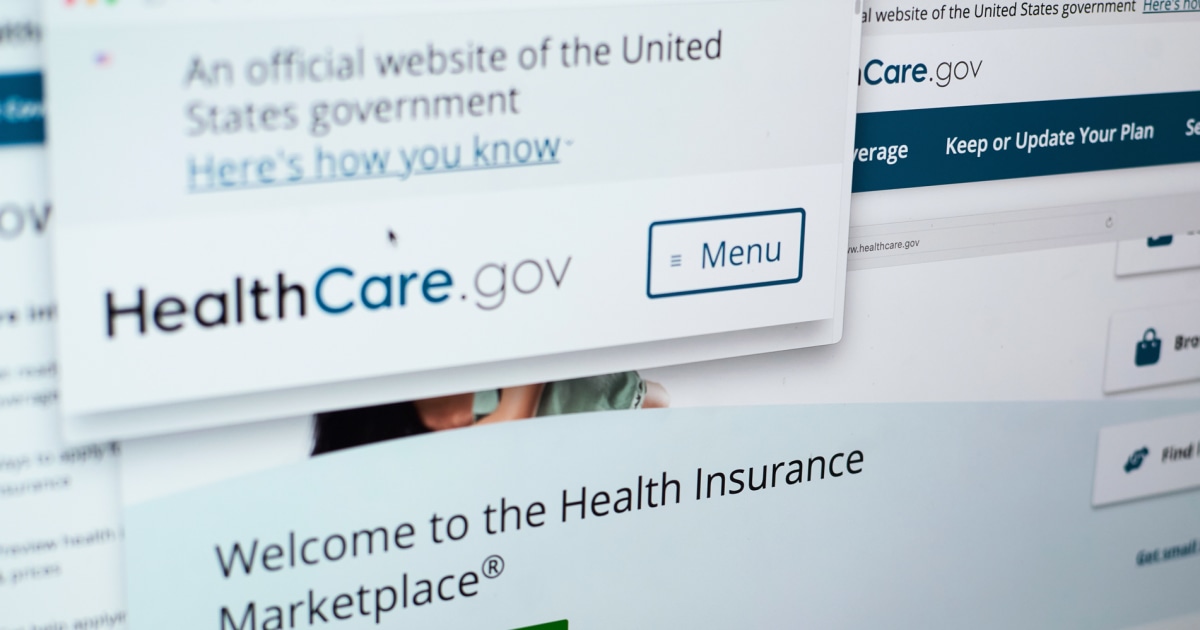
FORT ST. JOHN, B.C. — A northeast B.C. Indigenous education service will launch an online application dedicated to mental health for a trial run this week as it prepares for a broader launch.
Medicine Wheel Training Services, a firm specializing in First Nations education and mental health initiatives, will launch the application later this week, according to its facilitator Bruce McKay.
Formerly the Indigenous relations coordinator at Northern Lights College, McKay has also taught in the Yukon and at Calgary’s Bow Valley College.
“What I’ve really tried to do with [Medicine Wheel] is to offer opportunities for people in how to decolonize their teaching practices and classrooms,” said McKay. “Most importantly, how to use a medicine wheel journal that focuses on strength-based learning.
“I’ve worked on it and delivered it in hard copy. Then I really wanted to have an online version of this.”
The application was developed to better navigate a person’s overall mental health, by applying the principles of the medicine wheel.
A symbol within Indigenous culture, the modern medicine wheel was presented as a teaching tool in the early 1970s by writer Charles Storm.
According to Indigenous Corporate Training, medicine wheels represent the connectivity of all aspects of a person’s being and are often believed to be the circle of self awareness which gives someone power over their own life.
Modern medicine wheels have been used as a learning apparatus, showcasing traditional teachings from a specific Native American or First Nations culture.
McKay, who is of Cree and Métis ancestry, says teachings are “grounded in Indigenous teachings that have us thinking about the circle of life and rather than a straight, linear approach that is commonly used in counselling.”
He added he “really wanted to focus on the four-dimensional and multi-dimensional use of the medicine circle,” in creating his application.
“[The app] takes you through the concept of the medicine wheel, gives you some history of it, gives you the multi-dimensionality of it,” said McKay. “It shows how you can really think about your strengths and challenges in a much more positive way, and make goal-oriented decision-making to guide you to a happier and healthier life.”
The app even has a link to mental health services in case of extreme situations.
McKay said he will be looking toward gaining some federal grant funding to ensure the app, which he developed over a period of months, will be free at wide release.
“There’s no one right way or wrong way to represent a medicine wheel, and this is just the way it was presented to me by the various Elders that I’ve worked with,” said McKay. “We [all] have challenges in our lives, but we also have to recognize our strengths.
“Through this positive framework, they can feel a little bit more in control of their feelings and understand what feelings they have and how to navigate their life.”
Visit Medicine Wheel Training Services’ Facebook page for more information.
The Canadian Press. All rights reserved.
link




